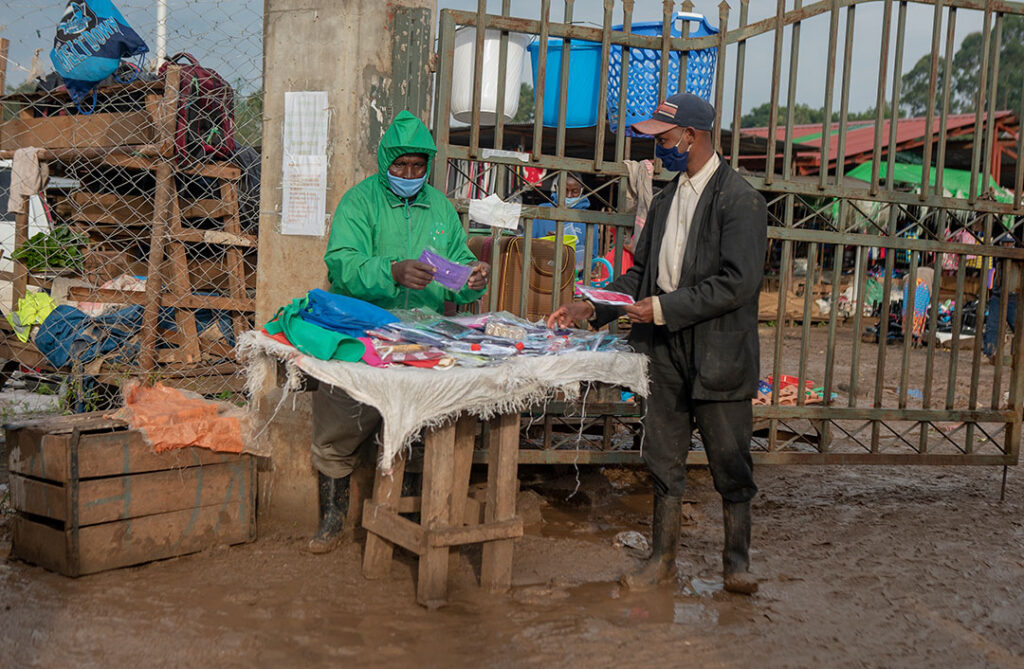ADF STAFF
The COVID-19 pandemic has hit Africa hard, more so with economic devastation than high death tolls and overwhelmed hospitals.
As part of an ongoing global response, the World Bank announced $160 billion in financing capacity over 15 months for more than 100 countries, including up to $50 billion for African countries.
These loans and grants are meant to relieve struggling nations dealing with lost jobs, food insecurity, children out of school and stressed health care systems.
According to recent World Bank estimates, the pandemic could push an additional 40 million Sub-Saharan Africans into extreme poverty this year, undoing about three years’ worth of progress.
“Countries will need to prepare for a different economy post-COVID by allowing capital, labor, skills and innovation to move into new businesses and sectors,” President David Malpass said on the World Bank website. “World Bank Group support will help developing countries resume growth and respond to the health, social and economic impacts of COVID-19 as they work toward a sustainable and inclusive recovery.”
About 30 million jobs are forecast to be lost, as foreign investment has declined 40% and the continent is headed toward its first recession in 25 years.
“The world will see the first increase in extreme poverty in over two decades,” World Bank Managing Director of Operations Axel Van Trotsenburg said in prepared remarks for an October 17 virtual event. “That reversal makes this a particularly important End Poverty Day — a day to focus on redoubling our efforts and regaining the ground we have lost, particularly in regions like Sub-Saharan Africa, where poverty is becoming more concentrated.”
The $50 billion for African countries is intended to protect vulnerable and poor people and support businesses.
Since March, the World Bank has financed nearly $12 billion in COVID-19 responses and projects throughout the continent in the form of economic stimulus, new health care operations and social safety programs.
The World Bank Group and the International Monetary Fund have called for official bilateral creditors to suspend debt servicing to the world’s least-developed countries, 30 of which are in Africa.
But Malpass has said that even extending the debt repayment holidays that are set to end this year likely is not enough. Debt forgiveness for struggling African economies could be on the horizon.
“This global crisis is a defining historical moment,” Van Trotsenburg said. “To make progress on development challenges, the world needs to commit to cooperation and coordination, both within and between countries.
“We must work together and work better. No country or organization can do it alone. We must act boldly, decisively and at a massive scale.”

